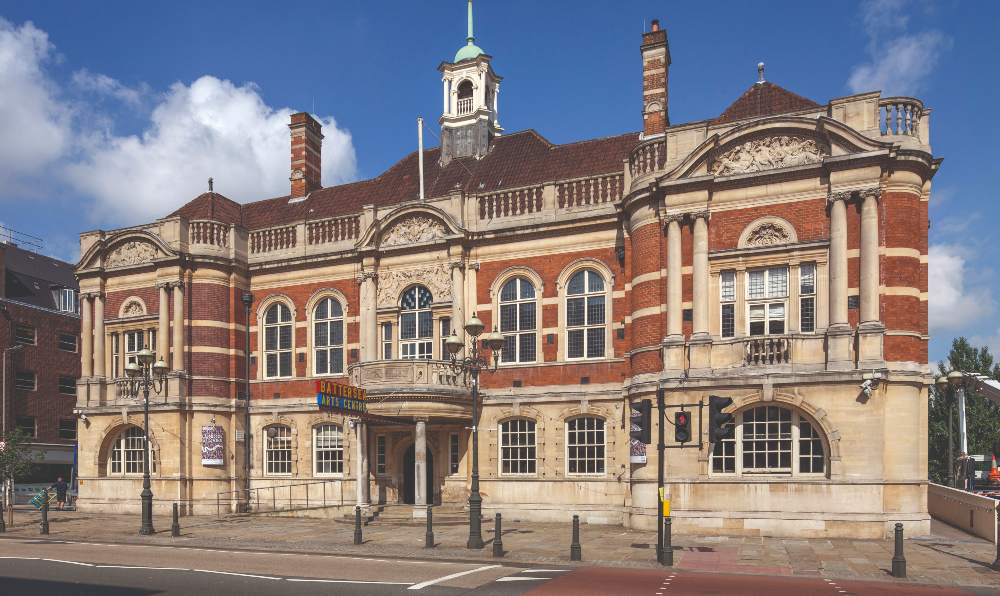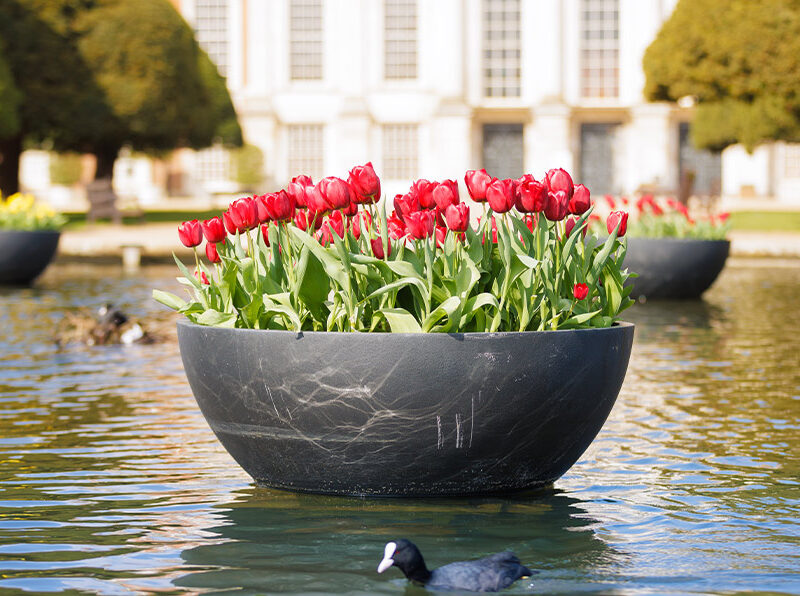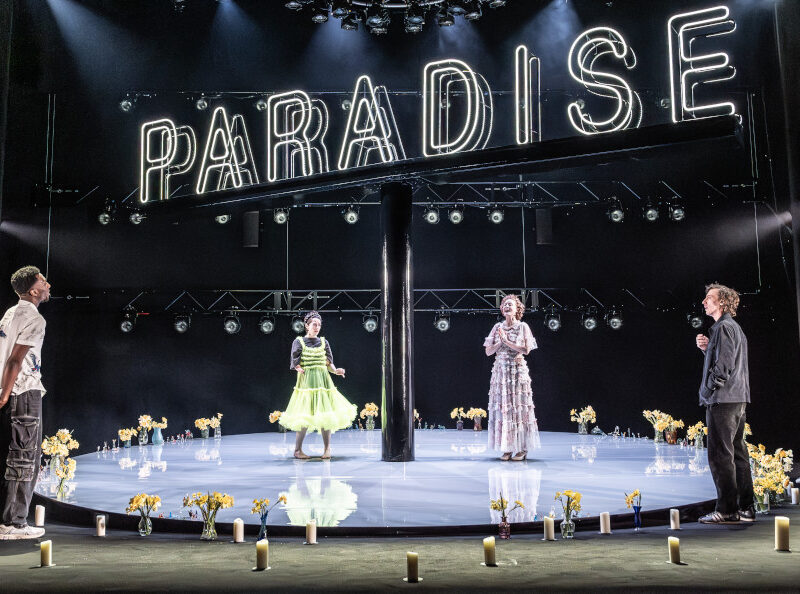
Battersea Arts Centre: New Horizon
Battersea Arts Centre’s new artistic director on community values and keeping the theatre’s rebellious heart at the core of his work
This spring sees Battersea Arts Centre’s (BAC) new artistic director and CEO, Tarek Iskander’s first season come to fruition. Having forged an alternative route into the theatre world – he previously worked in senior management in the NHS for many years – what does his outlook, ambition and skillset mean for BAC?
For his first season at the helm, Tarek says he wanted a programme that had a bit of everything. “There’s something there that you can enjoy, regardless of your tastes – we have VR experiences, live concerts and international artists. We’ve [BAC] always been pioneering, a little bit mischievous, maybe a bit rebellious and I wanted to continue to uphold this spirit. I want us to bring the best international programme to Battersea and Wandsworth and to signal that we’re open to exchanging ideas and art.
“To me it feels like all the energy of the moment is in youth activism – thinking about environmental changes and so on – and I really wanted to highlight that. I think that’s a big feature of this season and the Homegrown Festival [later in 2020], will focus on how to make things better by not accepting the status quo,” explains Tarek.
The word refreshing comes to mind when looking at Tarek’s journey to bagging one of the most influential roles in the UK art’s scene. He fell into the theatre world “by accident” when he went to support his then girlfriend at her audition for a role in Julius Caesar at the Barbican in 2005. While stood on the side lines, Tarek was noticed by the director and asked to audition. He won a part in the play (his partner was less fortunate) and went on to fall in love with the world of theatre and directing.
For ten years, he juggled a career in senior management in the NHS which “paid the bills” with a growing passion and impressive successes in theatre and direction. At one point he had to throw in the towel and stopped working in the arts altogether, unable to keep both plates spinning but he missed theatre and gave things another punt three years ago. Within a month he gained a residency at BAC and two months later he bagged the role as interim director for theatre at Arts Council England.
So not a through and through luvvie nor a trained theatrical professional but does a career in the NHS bring new attributes much needed in today’s innovative arts landscape?
“BAC is a big operation. Not only is it a big building with 70 staff running national programmes all over the country and internationally, it’s also a large enterprise with the bars and so on. Having some experience in terms of how to manage both large teams and also multiple projects simultaneously is incredibly useful.”
Is there a sense then, that much like a hospital being a connected backbone for a local area, a theatre can be looked at under the same guise?
“I even take it a bit deeper than that,” says Tarek. “I feel BAC is owned and belongs to its local community. I think that’s who it’s for and who it serves and who it runs for and I think everything that BAC does has to be responsive to local priorities. Just as a concrete example, some local parents have been tweeting me this week saying it’d be really great if we had more baby-friendly performances because they’d like to come during the day, so we are now looking at putting on those performances. Being as responsive as possible is critical to everything we do.”
“When I was national director of theatre at the Arts Council I got a pretty good overview of the whole country and for me BAC was always the best and most important centre in the country because it combines an exceptional artistic programme along with a real local focus on the support for young people and inspiring local change with avenues such as the Beatbox Academy and so on.
“I want us to continue to be known for the ambition and the quality of our artistic programme, but also the kind of breadth of our work, say by bringing more dance, more digital pieces, more circus and more art forms alongside the pioneering and innovative style we’ve honed already.”
Tarek’s focus on community is deep rooted and something in part he can trace to his own upbringing. His parents, both doctors and from Egyptian backgrounds, moved to England in the 70s when the UK was recruiting lots of doctors from abroad. Born in Sunderland, Tarek lived in the UK till he was five, and then moved to Kuwait where he lived until the Gulf War broke out.
“We escaped from the Gulf War back to England. I guess my upbringing has given me a very international outlook by nature and artistically I’m always most interested in what excites and challenges people universally – those themes that can cross any ages, any backgrounds, any outlooks. It’s a very personal thing to say but on deeper level, I feel that this is my home and my country and it’s the one that saved me from the war and so I’ve always felt that I wanted to give something back to the community. That’s why I worked in the NHS a long time and that’s why I really want BAC to give a lot back to the community.”
Tarek’s directorship comes at a pivotal time for BAC. It will be five years this spring since a devastating fire engulfed the building and all but destroyed the Grand Hall. Battersea’s most culturally significant building, enterprise and beating heart was almost lost but it has risen from the flames.
In 2019 BAC opened a free-to-discover heritage trail which displays 13 unique artworks to celebrate BAC’s 125-year history. One of the installations is nestled deep in the building; a giant, bronze heart which softly beats – the heartbeats having been recorded from the firefighters who saved the building from the fire in 2015.
“The building will continue to evolve,” says Tarek of the wider plans for 2020. “We are opening the new community garden on the side of the building, which will be a brilliant facility for people and is a kind of thank you to the community and to all the people who helped rebuild the Grand Hall.
“We’re going to expand the number of trails and have more tours, and we will be reopening the Grand Hall for live performances. Audiences can expect bigger, larger-scale performances at the Grand Hall, including a circus show that we are going to have in autumn 2020.”





